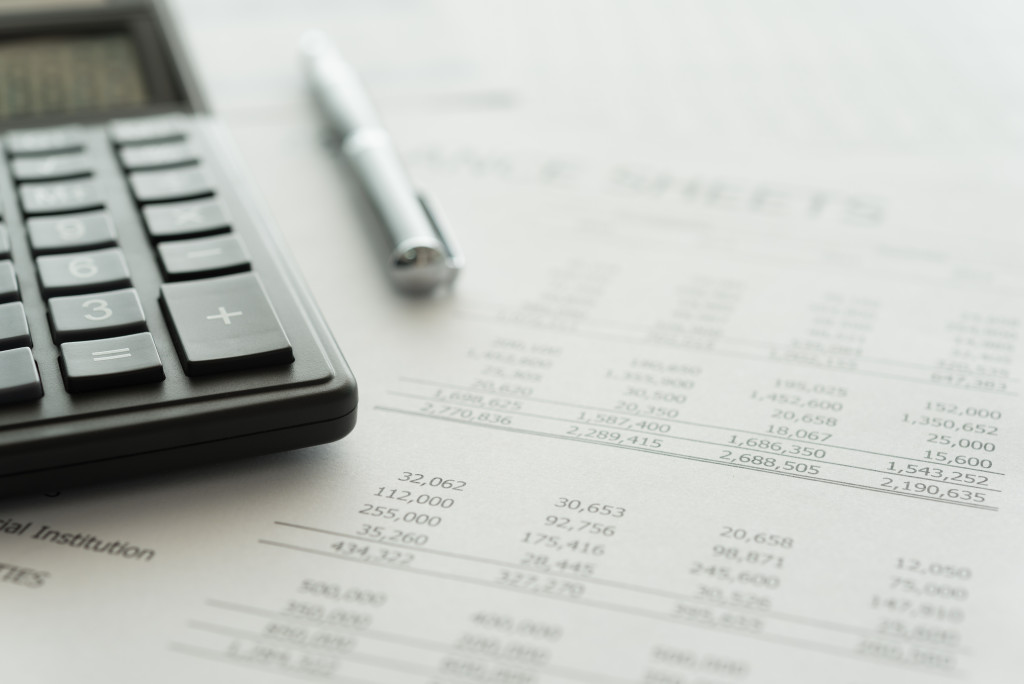- AI in accountancy firms automates routine tasks and enhances data analysis, improving efficiency and insights.
- Cloud computing and mobile technology enhance data access, collaboration, and customer interaction in accounting practices.
- Blockchain technology ensures secure, transparent recording of transactions, enhancing audit accuracy and client trust.
- Digital financial governance solutions aid in risk management, ensuring ethical conduct and minimizing regulatory risks.
As businesses continue to evolve in the digital age, accountancy firms need to keep up with the latest technology trends to stay ahead of the competition. With new software, applications, and hardware constantly emerging, it can be challenging to determine which technologies can provide the best benefits for your firm. This blog will discuss innovative technologies that can give your accountancy firm a boost by increasing productivity, streamlining workflows, and enhancing client experiences.
Artificial Intelligence (AI)
AI is becoming a game-changer in the accountancy industry by automating tedious tasks such as data entry, invoice processing, and tax calculations. There are many types of AI-powered software applications that can help accountancy firms. Here are four of the best ones out there:
AI-powered analytics
AI-powered analytics utilizes machine learning algorithms to analyze large amounts of financial data quickly and accurately. This technology can help accountants identify patterns, trends, and anomalies in the data that would otherwise go unnoticed. By doing so, accountancy firms can make more informed decisions and offer better insights to their clients.
AI-powered chatbots
Chatbots are computer programs designed to simulate human conversations through text or voice commands. AI-powered chatbots can assist with basic inquiries, such as providing information on services offered or scheduling appointments. They can also be programmed to handle more complex tasks like gathering financial data and preparing reports, freeing up accountants’ time to focus on higher-level activities.
Robotic Process Automation (RPA)
RPA uses software robots to automate repetitive and rule-based tasks like data entry, account reconciliation, and report generation. It can be integrated with existing accounting systems and requires minimal human intervention, reducing the risk of errors and increasing efficiency. RPA can also handle large volumes of work in a shorter amount of time than a human employee.
Natural Language Processing (NLP)
NLP helps computers understand, interpret, and manipulate human language. In the accountancy industry, NLP can be used to extract information from financial documents like invoices and receipts, eliminating the need for manual data entry. It can also help with tax compliance by analyzing complex tax regulations and identifying any discrepancies in financial data.
With the continuous advancements in AI, it is essential for accountancy firms to stay up-to-date with these technologies to remain competitive in the market.
Cloud Computing

Cloud computing provides a significant boost to accountancy firms by enabling secure storage and easy access to data and applications from anywhere. It eliminates the need for physical file storage and collaboration across multiple locations, reducing administrative time and expense. Cloud-based accounting software also provides real-time reporting and analytics, enhancing decision-making and productivity.
Blockchain
Blockchain is a distributed ledger technology that enables secure and transparent recording of transactions. For accountancy firms, blockchain offers an effective way to verify financial data and prevent fraud. By using blockchain, accountancy firms can improve audit accuracy, streamline financial reporting, and enhance transparency for clients.
Intelligent Automation
Intelligent automation combines AI, machine learning, and robotic process automation (RPA) to automate complex tasks such as financial reporting, compliance, and risk management. It frees up staff time and increases accuracy, reducing labor-intensive tasks and improving customer service. With Intelligent Automation, firms can reduce costs, scale up services quickly, and meet growing customer demands.
Mobile Technology

As more clients are using mobile devices for financial management, it’s essential to stay connected with them through mobile technology. Accountancy firms can use mobile apps to provide customers with real-time financial data, share tax reminders, and accept payments. Mobile apps can also help streamline collaboration among accountants and support staff, increasing efficiency and productivity.
Digital Financial Governance and Compliance Solutions
In the digital age, financial governance and compliance have become increasingly complex. These financial governance and compliance solutions help accountancy firms implement robust policies and controls for improved risk management, transparency, and ethical conduct. These solutions also provide better visibility and control over financial processes, minimizing errors and reducing regulatory risks.
The digital revolution is transforming the accountancy industry at an unprecedented pace. By embracing cutting-edge technologies like AI, cloud computing, blockchain, mobile technology, and digital financial governance solutions, accountancy firms can not only enhance productivity and efficiency but also deliver superior customer experiences.
However, with the rapid pace of innovation, continuously exploring, learning, and adapting is critical to stay ahead of the curve. Remember, the technology you choose to implement should align with your firm’s needs and goals, offering real value to your operations and clients. Embrace the future of accountancy – a future that is digital, automated, and customer-centric.








